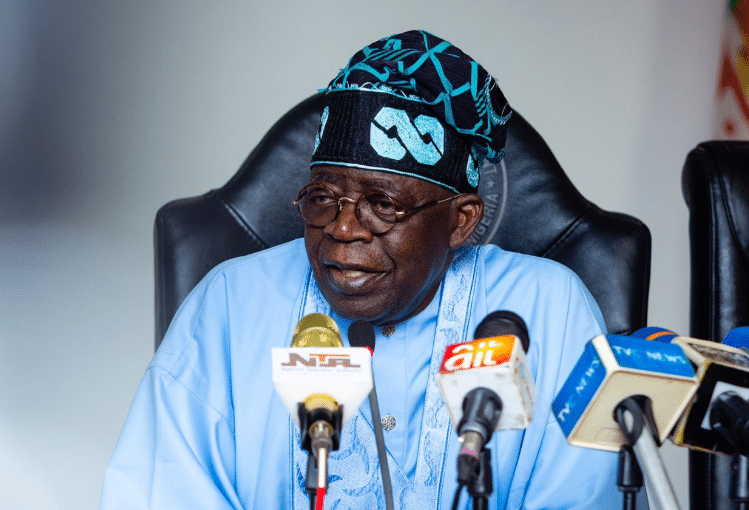ARTICLE AD
Waste experts have said that Fast-Moving Consumer Goods, including food and beverage sectors, are losing N3tn annually to unrecovered packaging.
They stated that Lagos State spent between N9bn and N12bn yearly on managing waste-related issues, including household disposal, street cleaning, dumpsite management, and mitigating the impacts of floods, public health risks, loss of productivity, and enforcement costs.
The experts gave those figures on Tuesday at the 12th West African Clean Energy and Environment Trade Fair and Conference in Lagos.
The conference, themed ‘Sustainability showcase: Stimulating green economy investments’, was organised by the Delegation of German Industry and Commerce in Nigeria.
The Chief Executive Officer of Integritas Limited, Dr Adebola Odunsi, who revealed those figures during his presentation titled: ‘From Waste to Wealth: Reimagine, reuse and reinvent’, highlighted the significant gap between waste generation and recovery.
He noted that Lagos State generated between 13,000 and 15,000 metric tonnes of municipal solid waste daily, yet the recovery rate remained at as low as three to five per cent.
“This costs the FMCG and F&B industry alone N3tn in annual losses and regulatory exposures from unrecovered packaging,” he said.
Odunsi pointed out that a low recovery rate results in a daily generation of N400m in the informal economy from PET plastics alone, stressing that by increasing the recovery rate to 95 or 97 per cent, Lagos could tap into the $13bn yearly circular economy industry.
He emphasised the need for a transformative approach to waste management in Lagos, driven by the city’s high level of consumption and waste generation.
He proposed solutions within the circular economy framework, advocating for waste valorisation, “which allows waste to be exchanged directly for value and tokenisation, enabling waste to be integrated into financial models, as pathways to converting waste into wealth.”
Odunsi also called for increased recovery rates and a diversified approach to waste-to-wealth models, suggesting that waste could be exchanged for essential services like health, insurance, or education.
The Consul-General of the Federal Republic of Germany, Weert Börner, called on the need for Nigeria to embrace renewable energy, resource efficiency, and sustainable waste management as part of its long-term development strategy.
Börner emphasised the pivotal role of renewable energy in addressing global environmental challenges, stating that Nigeria must not miss the global transition toward sustainable energy solutions.
He also noted Germany’s rapid progress in renewable energy, highlighting that in the first half of 2024, around 60 per cent of the country’s electricity was produced from renewable sources such as wind, solar, and biomass.
“This marked a significant increase from just 35 per cent in 2018. This trend is creating more jobs in the renewable energy sector than in coal and nuclear energy combined, as well as fostering industrial innovation and decentralising power production,” Börner stated.
The Project Manager at the Competence Centre for Energy and Environment, Delegation of German Industry and Commerce in Nigeria, Mr Hillary Elegeonye, emphasised the importance of addressing Nigeria’s waste management challenges through education and new technologies that promote the circular economy.
He remarked that inadequate and improper waste management remains one of the country’s biggest challenges, with circular economy solutions offering a way forward.
Elegeonye further stated that the conference focused on educating and showcasing innovative sustainability approaches while stimulating green economy investments in Nigeria.

 1 month ago
6
1 month ago
6 

